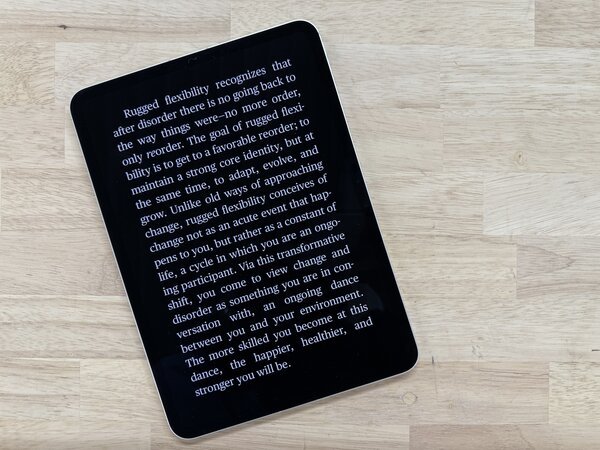Jan. 18, 2025
Master of Change
Thriving amidst uncertainty using Rugged Flexibility
Change is one of life's few constants. Yet, even with its inevitability, facing it head-on can feel daunting and disorienting. In the book "Master of Change", Brad Stulberg offers a thought-provoking guide to not just survive but thrive in an ever changing world.
As you grow older change becomes inevitable. Think of loss, moving to a new place or becoming a parent. Change is an integral part of live and yet a lot of people seem to resist it: holding on to a desire to "return to normal" after disruptions - sometimes described as "homeostasis".
Homeostasis versus Allostasis
In his book "Master of Change", Brad Stulberg explains that the concept of "homeostasis" can be limiting in the context of life's constant flux, as it implies stability is achieved by resisting change. A more dynamic alternative is presented, "allostasis", suggesting we achieve balance by adjusting and evolving in response to change. Instead of clinging to an unchanging status quo, you can embrace change as an opportunity for growth and adaptation. This perspective underpins the concept of "rugged flexibility", helping us to maintain our identity while evolving with life's demands.
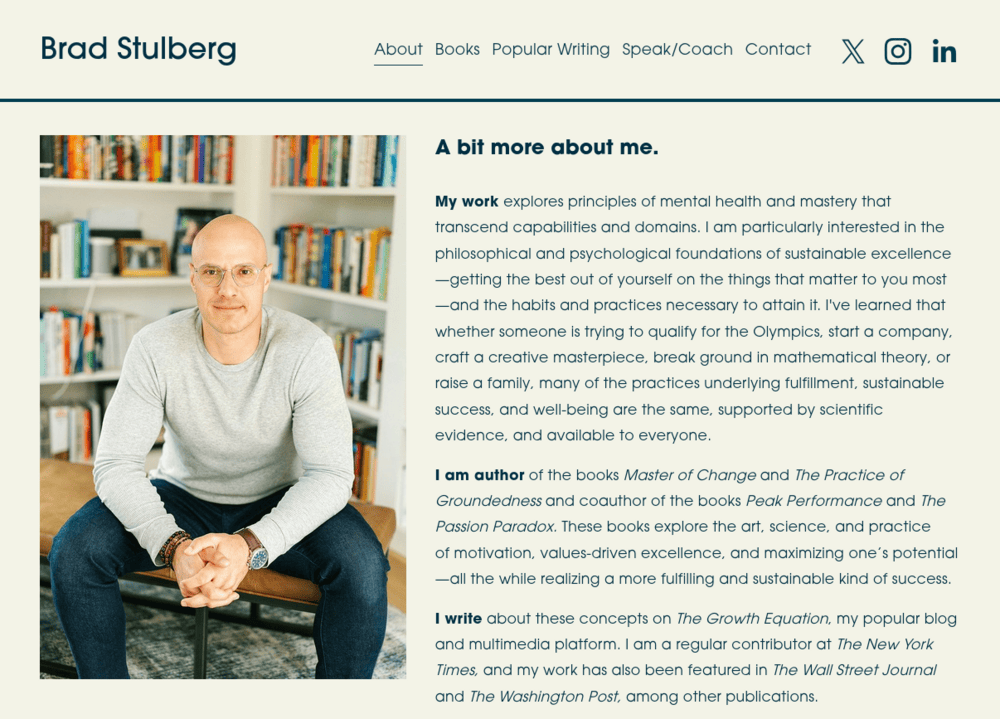
Brad Stulberg, celebrated for his work on human performance and personal growth, dives deep into the nature of change. His concept of "rugged flexibility" stands out as a central theme - an idea that combines steadfastness in your values with a willingness to adapt to the unpredictable. I really like how the author maintains a pragmatic, to the point, approach. It is masterfully written, drawing on spirituality and Zen wisdom without ever becoming too much "woo woo". It's a practical philosophy designed to help you face change without losing yourself in the process.
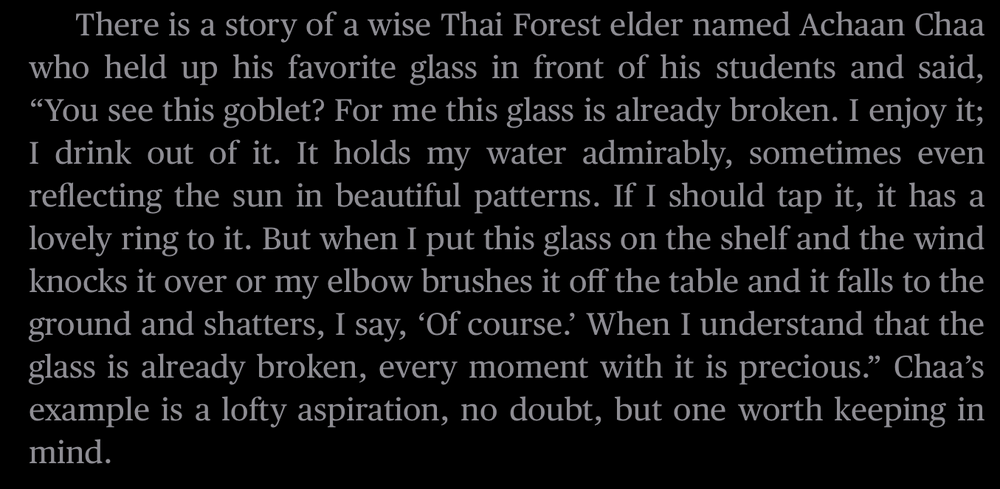
Key Takeaways
At the heart of Master of Change is the idea of rugged flexibility. Stulberg describes it as striking a balance: holding firm to what truly matters while allowing yourself to bend and evolve when circumstances shift. This duality isn't about being rigid or overly fluid; it's about knowing where to stand your ground and when to pivot.
Stulberg also emphasises the importance of approaching transitions mindfully. He introduces tools like:
- Rituals: Small, grounding habits that provide a sense of normalcy.
- Self-reflection: Regularly checking in with your values and emotions to ensure alignment.
- Incremental changes: Tackling change one manageable step at a time, rather than being paralyzed by the scope of the challenge.
These principles are designed to help you navigate change with clarity and composure, avoiding burnout or the trap of perfectionism.
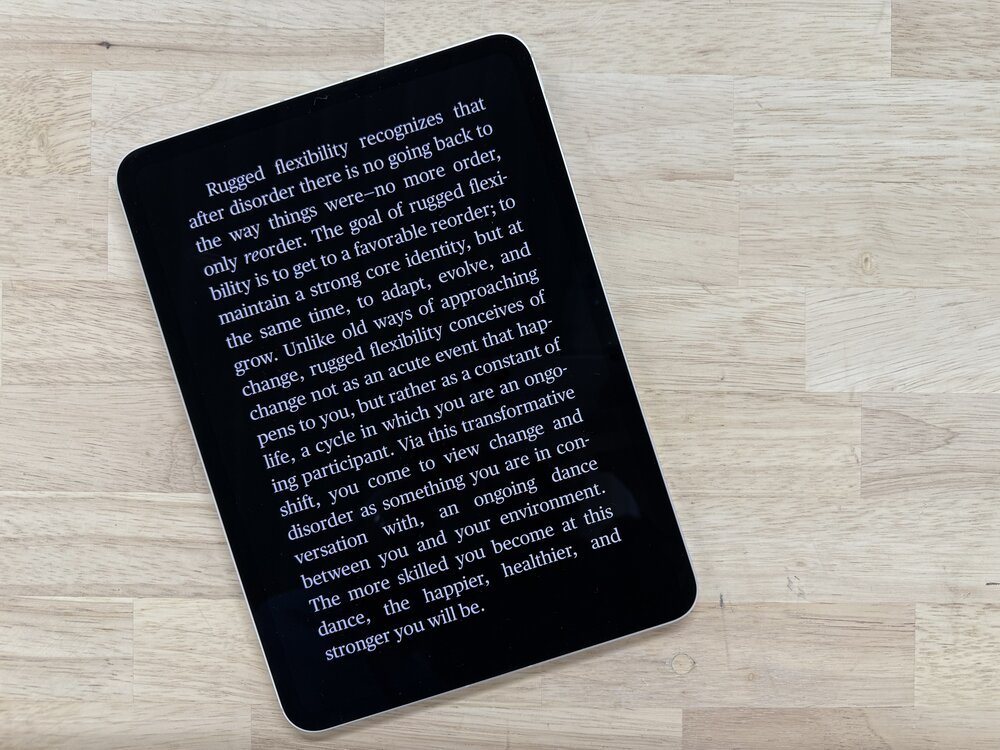
Moment for Reflection
Stulberg's work is as much about asking the right questions as it is about offering solutions. Here are a few prompts to consider as you reflect on your relationship with change:
- What are my core values, and how can they anchor me during uncertain times?
- Am I holding on too tightly to outdated beliefs or habits? Where might flexibility serve me better?
- What small, intentional steps can I take to ease my way through the changes I'm facing?
Conclusion
The book Master of Change offers insightful guidance on navigating life's inevitable transitions with resilience and adaptability. By embracing rugged flexibility and anchoring yourself in core values, this book provides thoughtful perspectives and practical tools to thrive amidst uncertainty and change. Having navigated various changes myself, I'm grateful this book was recommended to me, and now I'm glad to pass that recommendation on to you - it's well worth exploring.
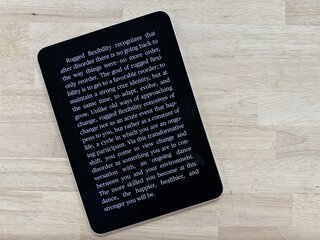
Download
If you enjoy reading offline, this article is available for download:
Translations
This article is available in the following languages:
RSS / Atom
Grab one of the feeds to stay up to date, the feeds contain the full posts:
